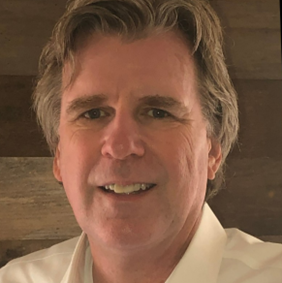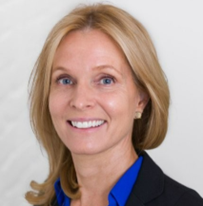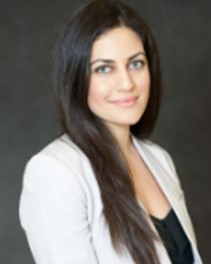In this all important subject five leading experts define and discuss anosognosia. The course covers anosognosia, self-neglect, confabulation, brain storms, range of ability and much more.
Session 1: Shadi Gholizadeh, PhD, MSc, MPH, CMC Director of Memory Care Programs, TheKey (10am-10:30am)
- Objective 1: Define and discuss anosognosia;
- Objective 2: Define and discuss confabulation;
- Objective 3: Discuss the relationship between anosognosia and self-neglect;
Session 2: Lise McCarthy, PT, DPT, GCS, NCG, LPF San Francisco PFAC Chapter President (10:30am- 11:00am)
- Objective 4: Discuss how central nervous system “brain storms” cause the clinical signs of Anosognosia that the home health care teams are trained to assess;
- Objective 5: Discuss how fiduciaries can work more effectively with their clients’ home health teams to develop an ethical and strategic plan to address personal safety and/or community safety concerns;
- Objective 7: Discuss how effective problem solving communications techniques can help clients, families and stakeholders talk about options when Anosognosia may be presenting and there are safety concerns;
- Objective 8: Describe common compounding and mitigating factors that can impact communication between clients, families and stakeholders;
- Objective 9: Describe why fiduciaries should understand more about anosognosia and why this topic is important to people living with dementia and their care partners;
- Objective 10: Describe ways fiduciaries can help people recognize the need for outside support and help them accept the support needed;
- Objective 11: Describe ways fiduciaries can help clients recognize the need to move into a care community and how to help them make a good transition.



